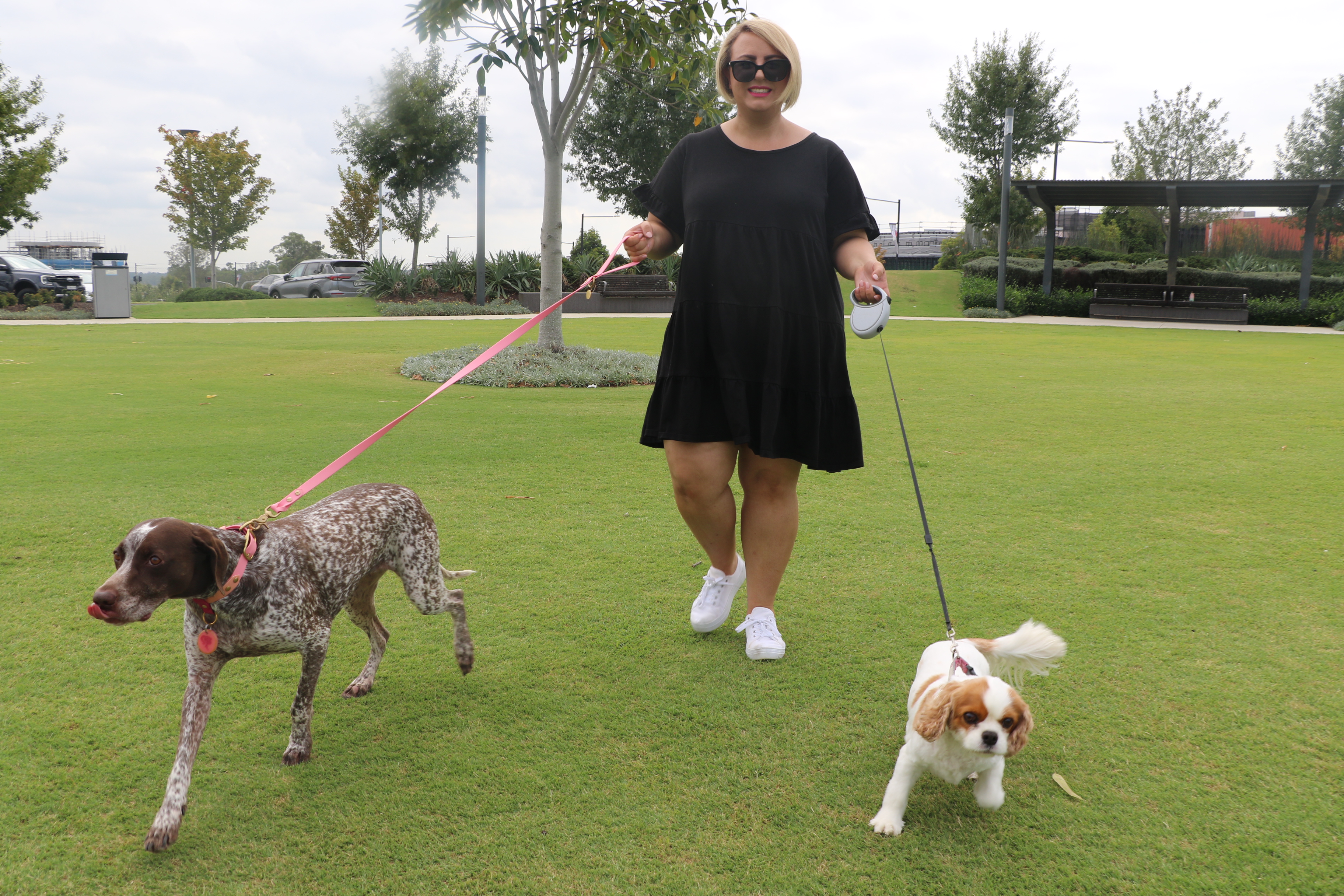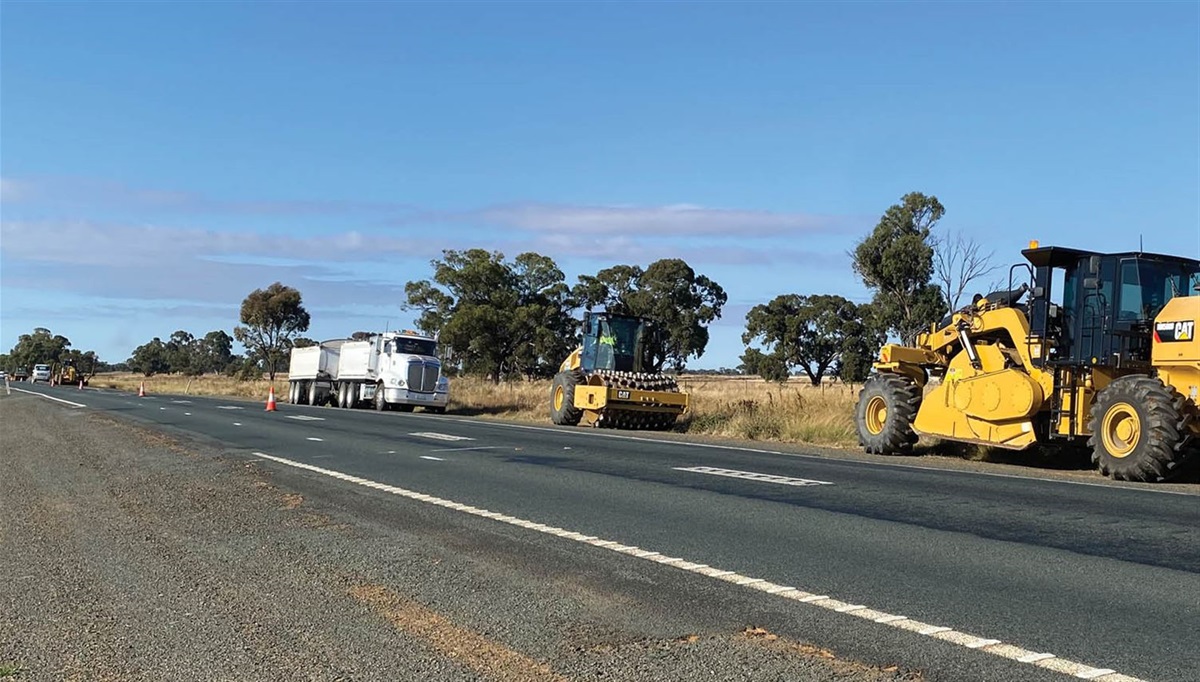
Hello and welcome to today’s Top Three. My name is Michael Kidd, Deputy Chief Medical Officer with the Australian Government Department of Health. I’m joined today by my friend, Linda. My thank you today is to everybody who is engaging with the Australian Government Department of Health using social media. You are one of over a million people who engage regularly with our social media outlets. Thank you for your questions, thank you for your constructive comments and criticisms. This really helps us in developing these messages for the Australian public and also help to inform all the materials which are developed by the Australian Government. A reminder you can find all our materials on health.gov.au. Today, based on the questions that you have been sending in, we have got our top three.
Our first question today is asking for an update on the Moderna vaccine.
Good news this week where we saw that the Therapeutic Goods Administration, the TGA, has provided provisional approval for the use of the Moderna vaccine in Australia. The Moderna vaccine has been approved for use in adults aged 18 years and above, and Australia already has an advanced order for the Moderna vaccine with 25 million doses expected to come into the country. The first million doses we are expecting to arrive during September, and there will be more details over the coming weeks about how those doses will be administered and who they will be administered to. We then expect to receive up to 10 million doses before the end of this year and then 15 million doses as booster shots which will be coming into Australia in the first half of next year. So that is really good news. As with all our vaccines, the Australian Technical Advisory Group on Immunisation, ATAGI, will be providing the recommendations on who the vaccine is recommended for. The Moderna vaccine is similar to the Pfizer vaccine in that it is one of these new mRNA class of vaccines. It has similar action to the Pfizer vaccine and also similar side effects to the Pfizer vaccine as well. We wait to hear more about the Moderna vaccine but it is good news and it adds to the other two vaccines, Pfizer and AstraZeneca, that we have available in Australia. The really good news is that all three of these vaccines are very effective at preventing severe disease and the risk of death from COVID-19 infection. So people getting their vaccines, this means we are all getting protected.
Our second question is, will I get to choose which vaccine I receive?
This is a really good question and especially now that we are going to have three vaccines available in Australia and it may well be that soon we get a fourth vaccine, the Novavax vaccine, which is also being assessed for use in Australia and in countries around the world. At the moment, what vaccine you receive depends on your age, it depends on where you are based in the country. So to find out about your vaccine, please go to health.gov.au, go to the Vaccine Eligibility Checker, put in your details and you will be advised which vaccine is recommended for you and also where you can make a booking for an appointment to get vaccinated. The advice from ATAGI remains that the preferred vaccine for Australians aged under 60 years of age is the Pfizer vaccine. The preferred vaccine for people aged over 60 years of age is the AstraZeneca vaccine, but as we have talked in previous Top Three segments, we also need to look at what is happening in the part of Australia where you are, so, for example, we are seeing the AstraZeneca vaccine particularly being promoted for people aged under 60 in areas where we are experiencing significant outbreaks of COVID-19. So again, please keep an eye on the Vaccine Eligibility Checker. The Pfizer vaccine is being rolled out in more and more general practices each week, so if you are finding difficulty getting a booking close to where you are living today, just check the Vaccine Eligibility Checker again in a few days or next week and you may well find additional sites where you can make bookings for your vaccine.
The third question that you have today is these tests which we are doing for COVID-19, how do they tell whether you have COVID-19 or another respiratory illness, for example influenza?
The tests we are using for COVID-19, the gold standard test, is the polymerase chain reaction test, the PCR test, and many of you now will have had testing for COVID-19, the swabs which are put in the back of your throat and the back of each of your nostrils and then are sent off to the laboratory, and the tests which the laboratory does is the PCR test, and the specific PCR test for COVID-19 looks for the presence of the COVID-19 virus or of fragments of the COVID-19 virus. It is specific for the COVID-19 virus and it is very sensitive, so it picks up the COVID-19 virus. If you have a PCR test for COVID-19, it is not testing for other viral illnesses. However, we can also do PCR testing for other viruses including influenza. So if you need to have a test for influenza, you will have a separate swab which is taken and that will be sent off and similarly, there is PCR testing for influenza looking for the presence of that virus or for its genetic components. So there is no mistaking when you have the test that you have, whether you have COVID-19 or influenza, because the test is specific for the actual virus that you are being tested for at the time. I hope that makes sense, but if it doesn’t, if you go to health.gov.au, you can read through further information there about the different tests which are available. We are, of course, also looking at the utility of rapid antigen tests, but that is a topic for another day.
Thank you for joining us for our Top Three today and as always a huge thank you to my interpreter Linda.
Top 3 questions
- What steps are next now that Moderna has been approved by TGA?
- Will we be able to choose vaccines?
- How do the tests differentiate between COVID and other illnesses such as the flu virus?








